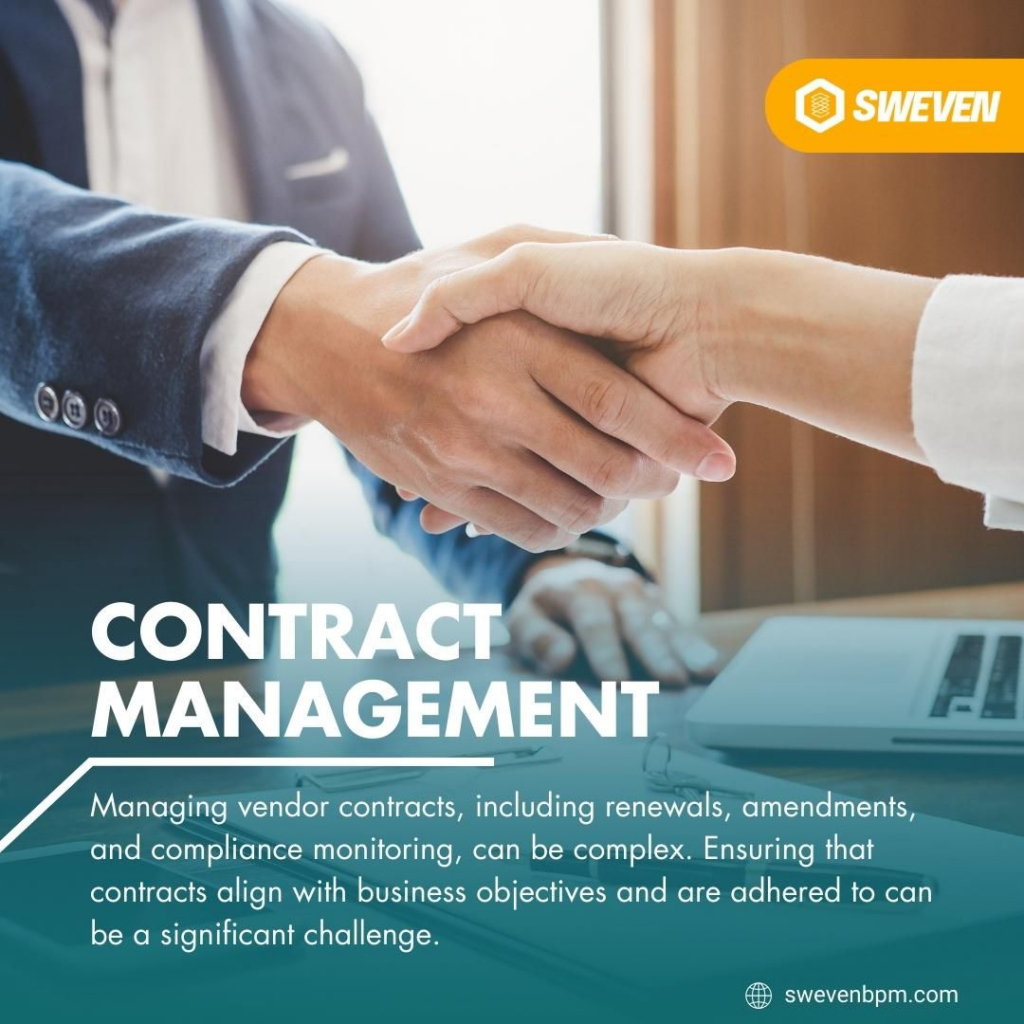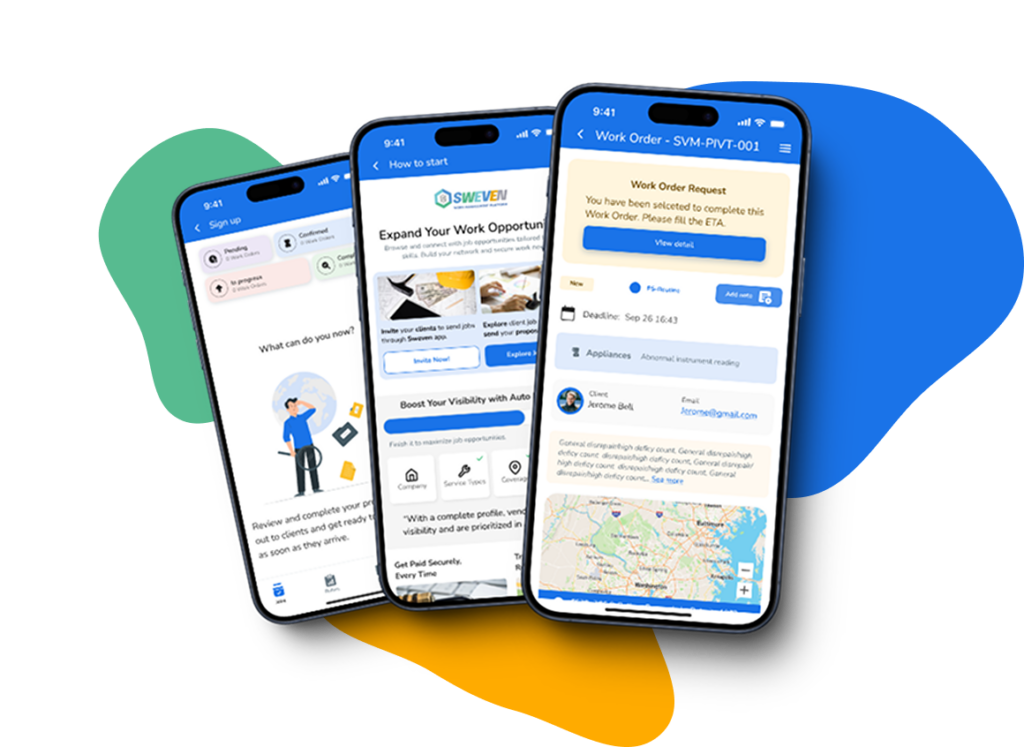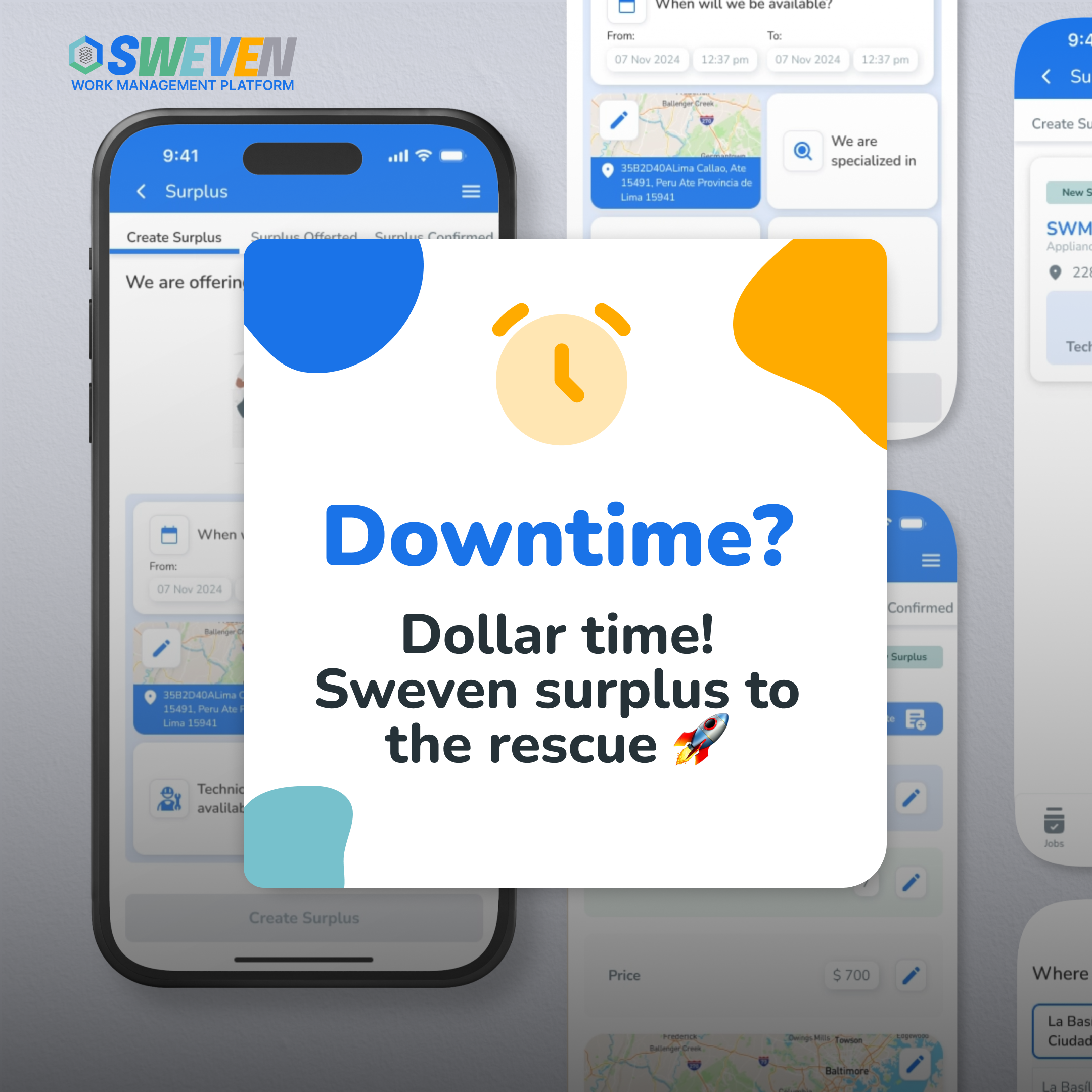Managing vendor contracts can be a daunting task for businesses of all sizes. The complexity of overseeing renewals, amendments, and ensuring compliance with contractual agreements can lead to inefficiencies, missed opportunities, and even legal risks. However, there is a powerful solution that can revolutionize the way organizations handle vendor contracts – Contract Lifecycle Management (CLM) systems. In this blog post, we’ll explore the challenges associated with vendor contract management and how implementing a CLM system can provide an effective solution.

The Complex World of Vendor Contract Management:
Vendor contracts are essential for businesses, as they establish the terms and conditions under which goods and services are procured. However, these contracts can quickly become overwhelming due to their intricate nature. Challenges often include:
- Contract Complexity: Vendor contracts can be lengthy and filled with legal jargon that may be difficult to decipher for non-legal professionals.
- Renewals and Amendments: Keeping track of contract renewal dates and making necessary amendments in a timely manner can be a logistical nightmare.
- Compliance Monitoring: Ensuring that both parties adhere to the agreed-upon terms is crucial, but it can be challenging to monitor and enforce compliance effectively.
The Solution: Contract Lifecycle Management (CLM) Systems
A Contract Lifecycle Management (CLM) system is a technology-driven solution that simplifies the entire contract management process. Here’s how it works:
- Centralized Repository: CLM systems provide a centralized repository for all contracts. This means no more digging through endless email threads or physical files to locate a specific agreement.
- Streamlined Workflows: CLM systems automate contract workflows, from creation and negotiation to approval and execution. This reduces manual errors and speeds up the contract lifecycle.
- Automated Alerts: CLM systems can send automated alerts and notifications for key contract dates, such as renewal deadlines or milestones. This ensures that important dates are never missed.
- Compliance Tracking: These systems enable organizations to monitor and track contract compliance in real-time. Any deviations from the agreed-upon terms can be identified and addressed promptly.
Benefits of Implementing a CLM System:
Implementing a CLM system offers several key benefits for businesses:
- Increased Efficiency: With automation and centralized storage, contract management becomes more efficient, reducing the time and effort required.
- Reduced Risk: CLM systems help ensure that contracts align with business objectives and are consistently adhered to, reducing legal and financial risks.
- Cost Savings: Efficient contract management can lead to cost savings by preventing unnecessary renewals or penalties due to non-compliance.
- Enhanced Collaboration: CLM systems facilitate collaboration among stakeholders, ensuring that everyone is on the same page regarding contract terms and obligations.
Managing vendor contracts doesn’t have to be a cumbersome and risky endeavor. By implementing a Contract Lifecycle Management (CLM) system, businesses can streamline their contract management processes, reduce complexity, and ensure that contracts align with their objectives. This technology-driven solution is a game-changer for organizations looking to simplify vendor contract management and minimize risks in an increasingly complex business environment.
















